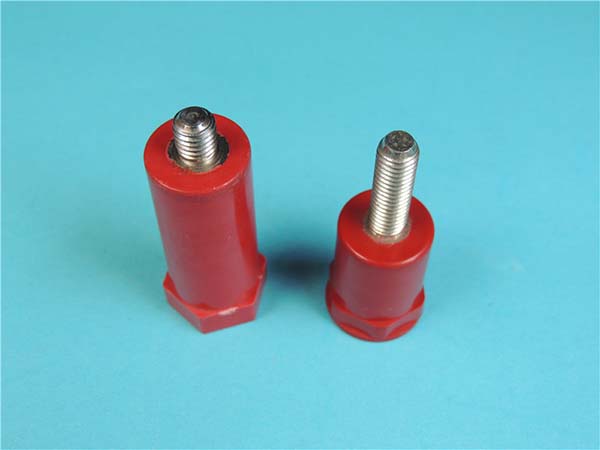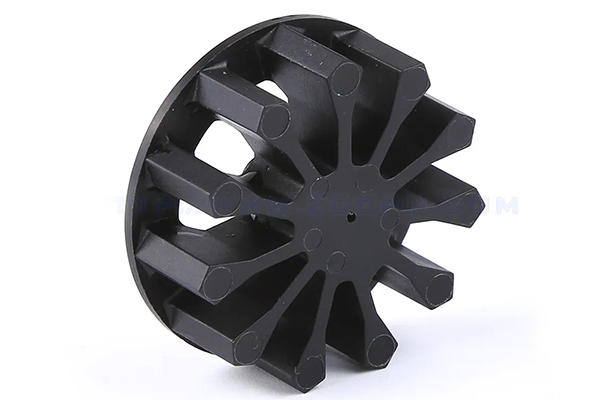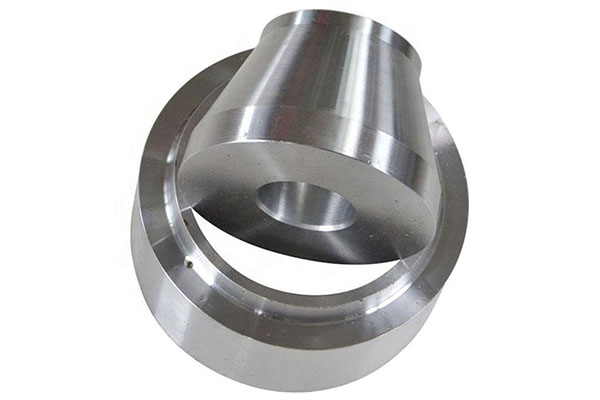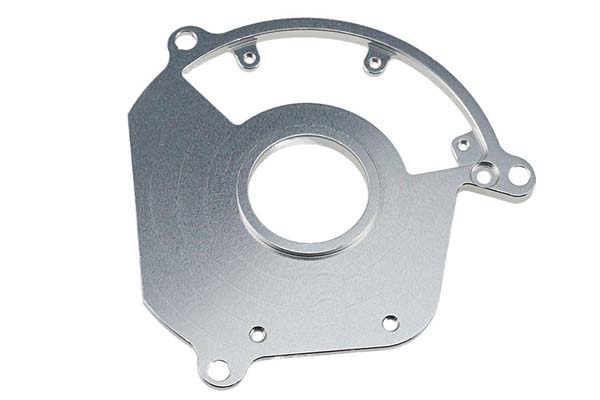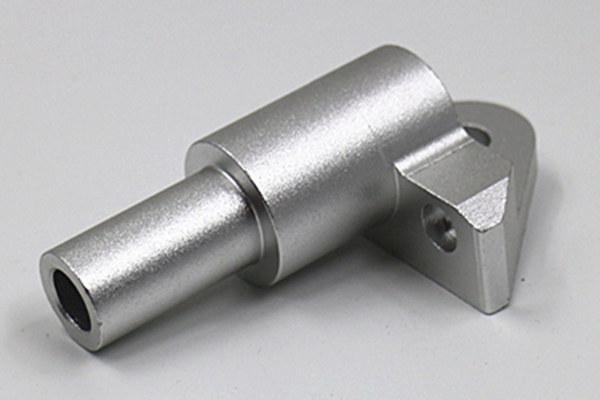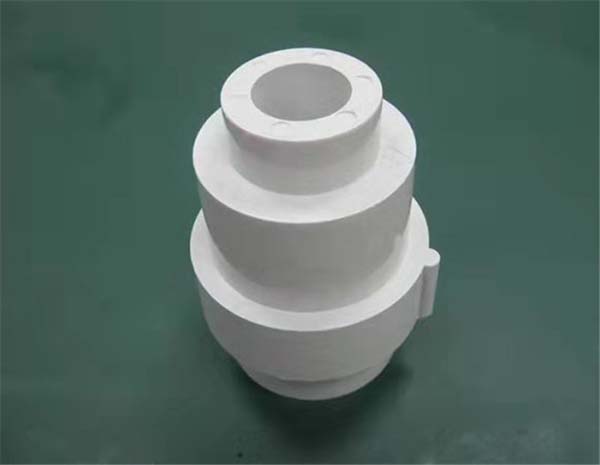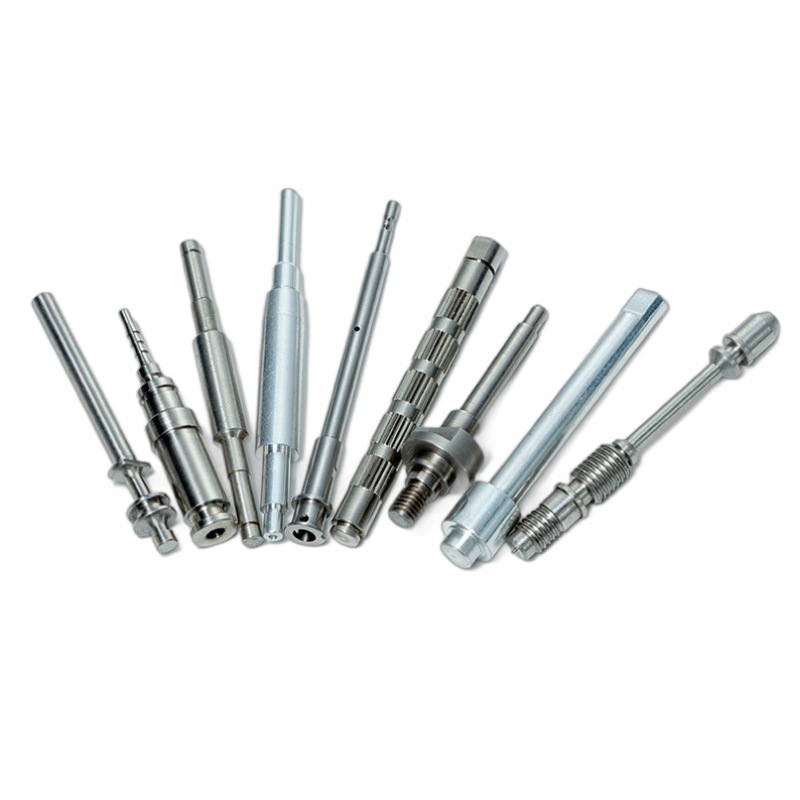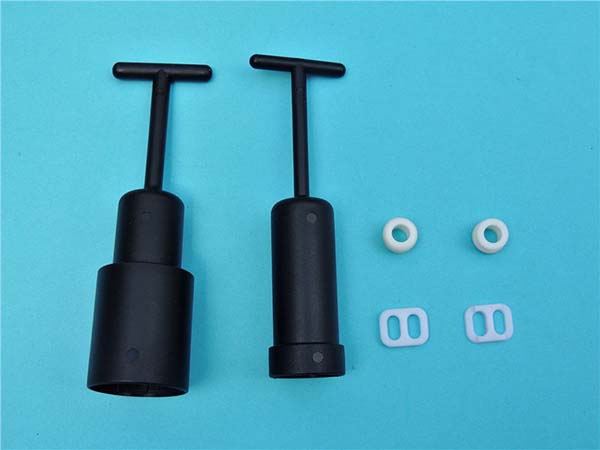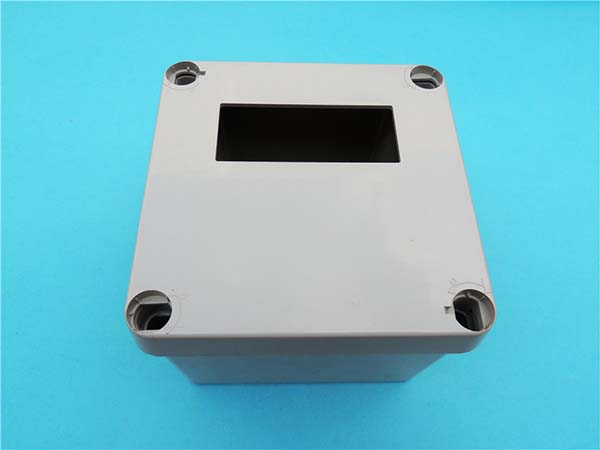Understanding Prototype - Developing Companies
Prototype - developing companies play a crucial role in the product development process. But what exactly are they? A prototype - developing company is an entity that specializes in creating the first - version models of products, which are used to test and validate concepts before full - scale production.
In the early stages of product development, ideas are often just concepts on paper or in a designer's mind. Prototype - developing companies take these abstract ideas and turn them into tangible, physical models. For example, let's say a startup has an innovative idea for a new type of smartwatch. They may have a list of features, like advanced health monitoring sensors, a unique user interface, and long - lasting battery life. However, without a prototype, it's hard to visualize how all these features will work together, or even if they're technically feasible. This is where a prototype - developing company steps in.
These companies have a diverse range of skills and resources at their disposal. They typically have a team of engineers, designers, and technicians. The engineers are responsible for the technical aspects, such as choosing the right materials, ensuring the product functions as intended, and dealing with any mechanical or electrical engineering challenges. For instance, in the case of the smartwatch, they'll work on integrating the health sensors accurately and optimizing the battery - power management system.
The designers, on the other hand, focus on the aesthetics and user - experience. They'll create a sleek and ergonomic design for the smartwatch, making sure it's comfortable to wear and easy to use. They'll also work on the user - interface design, ensuring that the display is intuitive and the controls are accessible.
The technicians then bring these designs to life, using advanced manufacturing techniques. They may use 3D printing to quickly create a rough model of the smartwatch case, or use computer - numerical - control (CNC) machining for more precise parts.
In the overall product development cycle, prototype - developing companies act as a bridge between the idea - generation phase and mass production. According to a study by McKinsey, around 80% of products that skip the proper prototype - testing phase end up having significant design flaws or production issues, which can lead to costly recalls or low market acceptance. By investing in a high - quality prototype, companies can identify and fix these issues early on, saving both time and money in the long run.
The Benefits of Collaborating with Prototype - Developing Companies
1. Cost - Efficiency
Developing a prototype in - house can be extremely costly. A study by Deloitte found that on average, companies that choose to develop prototypes internally spend 30 - 50% more than those that outsource to professional prototype - developing companies. This is mainly because in - house development requires building or maintaining an entire team of various experts, purchasing expensive equipment, and covering high R&D overhead costs. For example, a medium - sized electronics company that wanted to develop a new wireless earbud prototype in - house estimated their costs for equipment, hiring engineers, and materials to be around \(200,000. When they instead partnered with a prototype - developing company, they were able to complete the prototype for just \)80,000, a significant cost - saving.
2. Time - Saving
Time is of the essence in product development. According to a report by PwC, the average time to develop a prototype in - house is around 6 - 9 months for a moderately complex product. In contrast, when collaborating with a professional prototype - developing company, this time can be reduced to 3 - 4 months. These companies have streamlined processes, pre - existing infrastructure, and experienced teams that can quickly turn ideas into tangible prototypes. For instance, a startup working on a new fitness tracking device was able to get their first - round prototype in just 3 months by outsourcing to a specialized prototype - developing firm. If they had attempted to develop it in - house, they estimated it would have taken at least 8 months, which could have put them behind their competitors in the market.
3. Technical Expertise
Prototype - developing companies are staffed with professionals who have in - depth knowledge and experience in multiple technical areas. They are well - versed in the latest manufacturing techniques such as 3D printing, CNC machining, and injection molding. They also have expertise in materials science, which allows them to select the most suitable materials for a prototype, balancing factors like cost, durability, and functionality. For example, when developing a prototype for a medical device, the prototype - developing company's engineers were able to suggest a new type of biocompatible material that not only met the safety requirements but also improved the device's performance. This level of technical know - how is often difficult for a single company to possess in - house, especially for small and medium - sized enterprises.
4. Risk Mitigation
One of the significant advantages of working with prototype - developing companies is risk mitigation. A case in point is a consumer goods company that wanted to launch a new, innovative kitchen appliance. By collaborating with a prototype - developing company, they were able to identify several design flaws during the prototype testing phase. These flaws, if not caught early, could have led to product failures, recalls, and significant financial losses after mass production. The prototype - developing company used its experience and testing facilities to conduct comprehensive stress tests, usability tests, and safety checks on the prototype. As a result, the consumer goods company was able to make necessary design improvements before proceeding to mass production, greatly reducing the risk of product - related issues in the market.
Yigu Technology's Perspective
As a non - standard plastic metal products custom supplier, Yigu Technology has a unique perspective on prototype development.
Material Selection: Yigu Technology emphasizes the importance of precise material selection. When developing prototypes, they take into account various factors such as the product's intended use, environmental conditions, and cost - effectiveness. For plastic materials, they have in - depth knowledge of different types like ABS, PVC, and PC. Each plastic has its own properties; for example, ABS is known for its strength and heat resistance, making it suitable for products that need to withstand certain mechanical stress and temperature changes. When it comes to metal materials, they are well - versed in aluminum, stainless steel, etc. Aluminum is often chosen for its lightweight nature and good corrosion resistance, which is ideal for prototypes in the aerospace or automotive industries where weight reduction is crucial.
Process Innovation: The company is constantly innovating in manufacturing processes. They have invested in advanced equipment for non - standard production. For instance, their precision injection - molding technology allows for the creation of highly detailed plastic prototypes with tight tolerances. In metal processing, they use state - of - the - art CNC machining techniques to ensure the accuracy of complex metal parts. This combination of advanced processes and a focus on non - standard products enables Yigu Technology to provide customized solutions that meet the specific requirements of each prototype project, whether it's a small - batch production for testing new product concepts or a large - scale production run after successful prototype validation.
FAQs
1. How do I choose the right prototype - developing company?
When choosing a prototype - developing company, consider their experience in your industry. Look at their portfolio to see if they have worked on similar projects. Check their technical capabilities, such as the manufacturing techniques they are proficient in. Also, read client reviews and testimonials to gauge their reputation. Additionally, consider their communication skills and how well they can understand and execute your requirements.
2. What should be included in a prototype development contract?
A prototype development contract should include details about the scope of work, such as what the prototype should look like, its functions, and any specific requirements. It should also specify the timeline for delivery, payment terms, including the total cost, payment schedule, and any milestones. Intellectual property rights need to be clearly defined, stating who will own the rights to the prototype and any associated designs. Liability clauses should be in place to determine who is responsible in case of any damages or issues during the development process.
3. Can a prototype - developing company help with post - prototype improvements?
Yes, many prototype - developing companies can assist with post - prototype improvements. They have the expertise and resources to analyze the prototype's performance, identify areas for improvement, and implement the necessary changes. They can also conduct further testing, such as stress tests or usability tests, to ensure the product meets the desired standards before moving forward with mass production.
